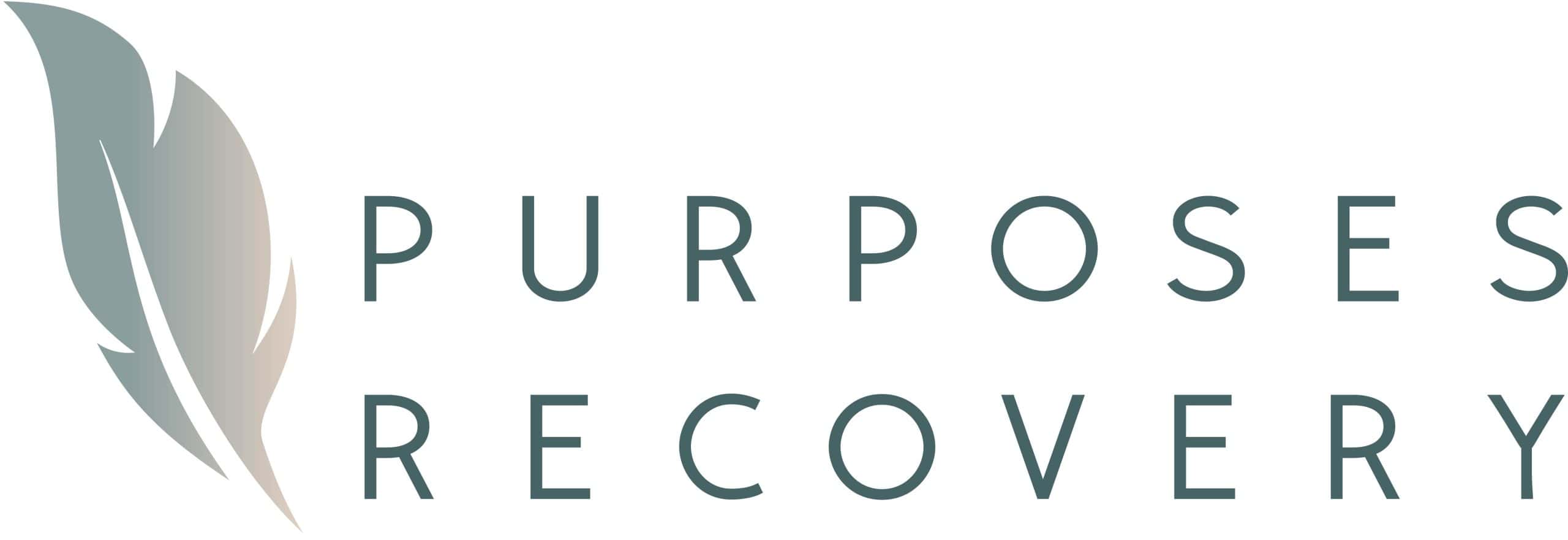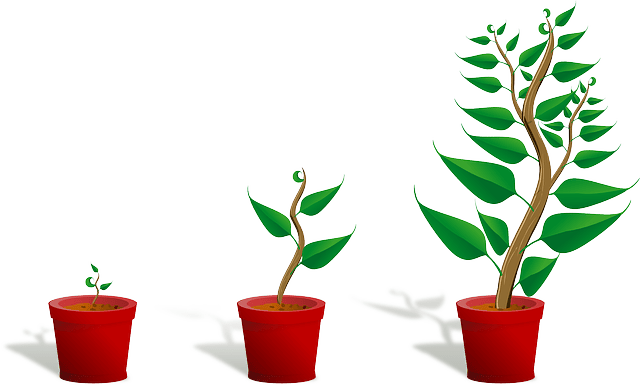Recovery from addiction is a transformative journey that extends beyond an individual’s personal well-being. It also encompasses rebuilding and nurturing relationships affected by the tumultuous nature of addiction.
Healthy relationships play a pivotal role in long-term recovery. Today, we’ll be exploring the complexities of navigating relationships in recovery, focusing on the process of rebuilding trust and connection with loved ones. Join us for this deep dive into practical strategies, insightful perspectives, and compassionate guidance to help you foster meaningful connections and repair relationships on your path to lasting recovery.
Understanding the Impact of Addiction on Relationships
Addiction is a formidable force that reverberates beyond the individual, casting a shadow over the lives of loved ones and challenging the very fabric of their relationships. To navigate the path of rebuilding trust and connection, you need to understand the profound impact addiction has on relationships.
Erosion of Trust
Trust is essentially a prerequisite for a relationship, but addiction erodes trust and causes deep fractures in relationships. The secrecy, deception, and broken promises associated with substance abuse can leave loved ones feeling betrayed and hurt. Trust, once shattered, becomes a fragile commodity that requires time, consistency, and honest efforts to rebuild.
Communication Breakdown
Oftentimes the loss of trust can be traced to a breakdown in communication. Individuals struggling with substance abuse may withdraw emotionally, struggle to articulate their feelings or engage in defensive and manipulative behaviors. Loved ones, on the other hand, may experience frustration, confusion, and a sense of powerlessness in their attempts to understand and connect with the person in recovery.
Emotional Strain
Addiction creates emotional strain for all parties involved. Loved ones may experience a range of emotions such as anger, sadness, fear, and disappointment as they witness the destructive behaviors and consequences of addiction. The individual in recovery may battle guilt, shame, and self-blame, which can further hinder their ability to rebuild relationships.
Crossed Boundaries
Chronic misuse of alcohol or drugs often results in crossing boundaries within relationships, which can mean unhealthy dynamics such as codependence and enabling behaviors. Loved ones may find themselves enabling the addictive behavior, trying to protect the individual from the consequences, or taking on the role of the caregiver. This imbalance can strain the relationship and hinder the establishment of healthy boundaries.
Missing Connection
When both parties aren’t afflicted simultaneously, an addiction inside of a relationship is nearly always a major source of disconnection. As the focus shifts primarily to substance abuse, genuine emotional intimacy, and connection wane. Loved ones may struggle to recognize the person they once knew, while the individual in recovery may feel isolated and alienated from their support network.
Trauma & Resentment
The impact of addiction can leave lasting emotional wounds and trauma within relationships. Loved ones may carry deep-seated resentment, accumulated from years of pain and broken promises. The individual in recovery may also bear the weight of guilt and remorse for the harm caused, further straining the healing process.
Before we can rebuild trust and re-establish lost connections, one must acknowledge the pain and trauma experienced by all parties involved. To truly restore a connection, there must be a safe space for open dialogue.
By embracing the complexities of these challenges, individuals can approach the process of rebuilding relationships with patience, understanding, and a commitment to healing. Through dedicated efforts, it is possible to mend the wounds caused by addiction and forge stronger, more resilient connections rooted in trust, communication, and mutual support.
Honesty, Openness & Transparent Communication
Trust is built upon the pillars of honesty, openness, and transparent communication. These fundamental elements must be present in order to provide a solid foundation for a relationship.
Honesty necessitates vulnerability. It entails acknowledging past mistakes, taking responsibility for one’s actions, and being willing to confront uncomfortable truths. By opening up about the challenges faced during addiction and the steps taken toward recovery, individuals demonstrate a genuine commitment to change and growth.
But there also needs to be consistent honesty because rebuilding trust takes time and requires a consistent demonstration of reliability, follow-through, and accountability. By honoring commitments, being transparent about setbacks, and making sincere efforts toward personal growth, individuals in recovery can gradually rebuild trust with their loved ones.
Similarly, loved ones should strive to genuinely listen to the thoughts, feelings, and experiences shared by the individual in recovery without interrupting or judging. Validating emotions and demonstrating empathy fosters an atmosphere of understanding and support, enabling both parties to connect on a deeper level.
Addressing Past Hurts
Transparent communication allows for the honest addressing of past hurts and resentments. By creating a safe space to express lingering emotions, both parties can confront and process the pain caused by addiction. This process may involve seeking professional guidance to facilitate productive conversations and navigate difficult emotions constructively.
Transparent communication allows for the honest addressing of past hurts and resentments, creating an opportunity for healing and reconciliation. By creating a safe space to express lingering emotions, both parties can confront and process the pain caused by addiction.
It is essential to approach this process with sensitivity, compassion, and a genuine desire to understand and repair the damage caused by addiction. Of course, we have some tips and recommendations when it comes to this, including:
- Be an active listener. Listen to the concerns and emotions being expressed. Remember that every person’s experience is valid and should be acknowledged.
- Be accountable and remorseful for your mistakes. Acknowledge that it’s not just the individual who suffers the effects of an addiction. Conversely, it’s important to remember that people in the throes of addiction often behave in ways they otherwise never would and that often leads to immense guilt and shame that must be dealt with as part of the recovery process.
- Give room for emotional expression. A safe, non-judgmental environment where both parties can express themselves freely is crucial if you want to move forward with a healthier dynamic.
- Actions speak louder than words. Consistency and follow-through are key to rebuilding trust. With consistent improvement, honoring boundaries, and actively seeking recovery, it’s absolutely possible to rebuild a relationship.
- Don’t be afraid to ask for help. Especially when there are emotional wounds that run deep or when there are intense communication barriers, seeking professional mediation or therapy could be the right choice. An objective third party can help facilitate constructive conversations, guide individuals through the process of addressing past hurts, and provide tools to navigate complex emotions.
Celebrating Milestones Together
Part of a relationship is acknowledging and celebrating the milestones and progress achieved. By actively recognizing and appreciating these achievements, individuals can foster a sense of support, encouragement, and shared growth.
Even the Small Victories
Recovery is a journey that consists of numerous small victories. And you should celebrate these milestones regardless of their size. Whether it’s completing a week of sobriety, attending support group meetings consistently, or making positive lifestyle changes, each step forward deserves recognition. By acknowledging these small victories, individuals can gain a sense of accomplishment and motivation to continue their progress.
Creating Traditions
Establishing rituals and traditions that celebrate recovery milestones can strengthen the bond between individuals. This could include special dinners, heartfelt letters of appreciation, or symbolic gestures that commemorate significant moments in the recovery journey. These rituals serve as reminders of the progress made and the unwavering support of loved ones.
Reflecting on Personal Growth
Taking the time to celebrate milestones is not only fun but also an opportunity to reflect on personal growth and change. Taking time to acknowledge the transformation that has occurred, both internally and in their relationships, can be deeply rewarding. It reinforces the notion that progress is possible and motivates individuals to continue working towards a healthier and more fulfilling future.
Find Purpose in Recovery
Relationships are complex under normal circumstances. When one party happens to suffer from addiction, the longevity of the relationship depends on whether there is patience, understanding, and a commitment to growth underlying that connectionm. Rebuilding trust and connection in relationships affected by addiction is not an overnight process but rather a continuous effort that demands honesty, open communication, and a shared vision for a healthier future.
The thing to remember is that rebuilding relationships in recovery is a collaborative effort. It requires active participation from both individuals in the relationship, as well as the support of a strong network. It may involve seeking professional guidance and being open to learning new communication skills.
At Purposes Recovery, we understand the complexities of navigating relationships in recovery, and we are committed to providing the necessary support and guidance for individuals and their loved ones. Our luxury medical detox facility in Los Angeles employs a compassionate, comprehensive approach to addiction recovery, ensuring that individuals have the tools and resources needed to regain their health and independence while rebuilding their relationships.
You are not alone in this journey. If you’re ready to navigate the path toward health and deeper connections that foster lasting joy, love, and support, then call Purposes Recovery today.



